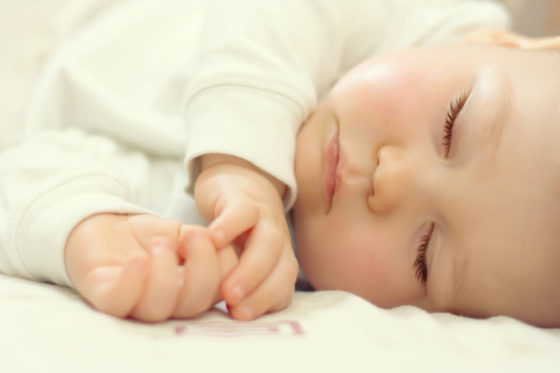Birth rate declines by 8% as women wait longer for financial security


Fewer babies are being born each year because women are studying longer and taking jobs with less secure flexible contracts, a study by the statistics agency CBS has found.
In 2018 169,000 children were born in the Netherlands, representing an 8% decline from 2010, when 184,000 Dutch babies arrived. On average each woman has 1.6 children, the lowest level since 1997.
The decline in the birth rate is almost entirely accounted for by women under the age of 33, suggesting many are delaying the decision to have children rather than opting out altogether.
‘There are a lot of factors involved,’ researcher Marjolein Jaarsma told the NOS Radio 1 Journaal. ‘Having a suitable house or finding the right father for your child, for example. Certain life events that people used to make in their twenties are now being postponed until later in life.
‘But we don’t see any sign of people deliberately not having children. They’re just making the choice later.’
Women in 2020 are more likely to study and gain a qualification before starting a family, the CBS found. The trend towards flexible working was also cited as a reason why women put off having children until they have a secure income.
The agency calculated that 1,600 more babies would have been born between 2010 and 2018 if the number of women on flexible contracts had not increased, while 400 more children would have been born if there had been no rise in the number of women studying.
‘Women aged between 15 and 49 are studying longer, and if they haven’t studied they’re more likely to be on a flexible contract,’ said Jaarsma.
Thank you for donating to DutchNews.nl.
We could not provide the Dutch News service, and keep it free of charge, without the generous support of our readers. Your donations allow us to report on issues you tell us matter, and provide you with a summary of the most important Dutch news each day.
Make a donation